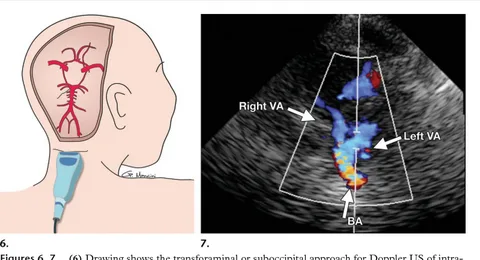Understanding Group Therapy
Group therapy involves a small group of people who meet regularly to discuss their problems and support each other. The group is led by a professional therapist who facilitates discussions, helps members explore their thoughts and feelings, and provides guidance. The collaborative nature of group therapy offers several benefits:
- Peer Support: Participants gain insights and encouragement from others who are facing similar challenges.
- Shared Experiences: Hearing others’ experiences can provide new perspectives and coping strategies.
- Improved Social Skills: Group settings often help individuals improve their communication and interpersonal skills.
Common Issues Addressed in Group Therapy
Group therapy can be particularly effective for a range of issues. Here are some of the most common:
1. Addiction
Addiction is a major area where group therapy shines. Whether dealing with substance abuse or behavioral addictions, group therapy provides:
- Shared Struggles: Participants can relate to others who have faced similar challenges with addiction.
- Accountability: Group settings help individuals stay committed to their recovery goals.
- Support Network: Building a network of peers who understand the journey of recovery can be invaluable.
2. Anxiety Disorders
Group therapy offers a supportive environment for those dealing with anxiety disorders, such as generalized anxiety disorder, social anxiety, and panic disorders. The group dynamic helps in:
- Normalizing Experiences: Members often find comfort in knowing that others share similar fears and anxieties.
- Learning Coping Strategies: Techniques for managing anxiety can be shared and practiced within the group.
- Reducing Isolation: Group therapy helps combat feelings of isolation and loneliness often associated with anxiety.
3. Depression
For individuals struggling with depression, group therapy can provide:
- Empathy and Understanding: Sharing experiences with others who understand the feelings of depression can reduce feelings of isolation.
- Motivation and Hope: Hearing about others’ progress can inspire hope and motivation.
- Skill Building: Learning and practicing coping skills in a supportive environment can aid in managing depressive symptoms.
4. Trauma and Post-Traumatic Stress Disorder (PTSD)
Trauma survivors and those with PTSD often benefit from group therapy because it offers:
- Validation: Sharing trauma experiences in a safe space can help validate feelings and experiences.
- Shared Healing: Group therapy can facilitate healing by allowing individuals to support each other through similar trauma.
- Coping Mechanisms: Participants can learn effective strategies for managing PTSD symptoms from both the therapist and peers.
5. Grief and Loss
Dealing with grief and loss can be profoundly isolating. Group therapy provides:
- Shared Grieving: Connecting with others who are grieving similar losses can provide comfort and understanding.
- Expression and Processing: The group setting encourages individuals to express and process their grief in a supportive environment.
- Learning from Others: Members can share how they have coped with their grief, offering practical advice and emotional support.
Benefits of Group Therapy for These Issues
Group therapy offers several unique benefits for addressing the issues mentioned:
- Social Interaction: Engaging with others helps improve social skills and reduce feelings of isolation.
- Diverse Perspectives: Hearing different viewpoints and experiences can broaden understanding and offer new coping strategies.
- Cost-Effectiveness: Group therapy is often more affordable than individual therapy, making it accessible to more people.
- Encouragement and Accountability: The group setting provides a structured environment where participants can offer and receive support, fostering a sense of accountability.
Addressing Challenges in Group Therapy
While group therapy has many advantages, it also comes with challenges that need to be managed:
- Confidentiality: Ensuring that all participants adhere to confidentiality agreements is crucial for a safe and supportive environment.
- Group Dynamics: Effective therapy depends on the group dynamics, including communication and mutual respect. The therapist’s role in facilitating positive dynamics is key.
- Varied Progress: Participants may be at different stages in their healing process, which can create varying levels of comfort and readiness to share.
Overcoming Challenges:
- Clear Guidelines: Setting clear expectations and rules for participation can help manage group dynamics and confidentiality.
- Professional Facilitation: A skilled therapist is essential for navigating the complexities of group interactions and ensuring a productive environment.
- Individual Goals: While group therapy provides collective support, individual goals and needs should still be addressed within the group setting.
Conclusion
Group therapy provides a unique and valuable approach to addressing a wide range of issues, from addiction and anxiety to trauma and grief. By leveraging the collective experiences and support of a group, individuals can find comfort, learn new coping strategies, and develop meaningful connections. Understanding the types of issues that benefit most from group therapy can help individuals make informed decisions about their therapeutic options and enhance their overall mental well-being.




